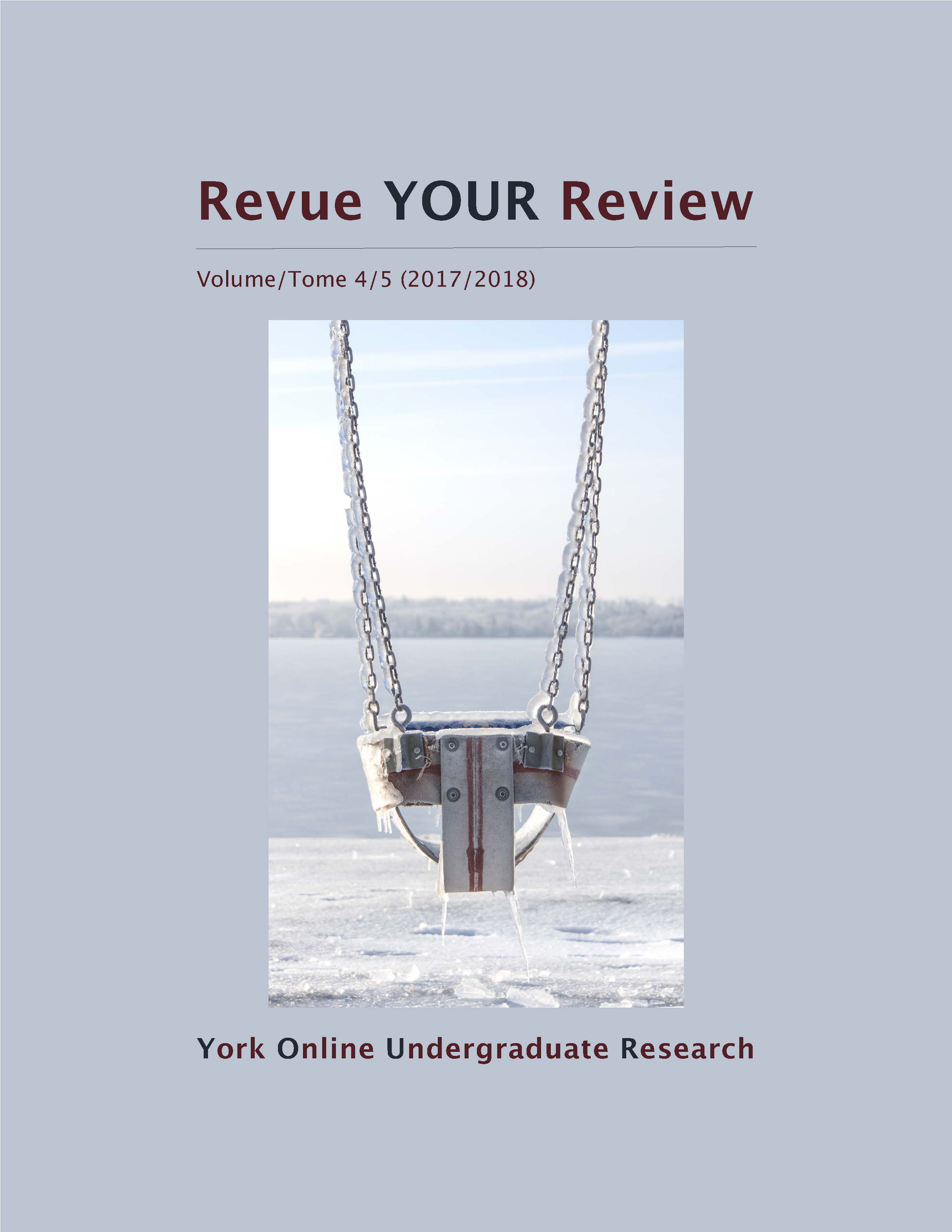Incredibly Close Yet Extremely Far: The Juxtaposition of Utopia and Reality in Expo 67 and Montréal
Résumé
Expo 67 was a powerful cultural symbol that represented a utopic and futuristic view of the civilized community. The event, originally sought as an addition to the centennial celebration for the country, took on a life of its own and changed its host city, Montréal. Exploring the event through period photographs of the site and the city; memoirs of the principal administrators of Expo 67; the official guide to exhibitors; and the souvenir book, this article examines how the ideals of Expo 67 immediately influenced the creation of the site and its layout and compares it to the urban planning philosophy of the wider city in the 1960s. It is proposed that the site and its planning were in complete symbiosis with the ideals and values put forth by the organizers of the event, but in the city of Montréal the integration was more diluted. On the newly created island, organizers could shape the nature and the environment that tourists saw and tailor it to reflect an idealized version of a city. The reverberations of the model on the city were more ambiguous as the built infrastructure and the larger scale of Montréal put up challenges to the transfer of the ideals.
Téléchargements
Publié-e
Comment citer
Numéro
Rubrique
Licence

Cette œuvre est sous licence Creative Commons Attribution - Pas de Modification 4.0 International.
Les auteurs qui contribuent à la Revue YOUR Review acceptent de publier leurs articles selon une des trois catégories de la licence 4.0 : Creative Commons Attribution 4.0 International; Creative Commons Attribution-Pas d'Utilisation Commerciale 4.0 International; ou Creative Commons Attribution-Pas de Modification 4.0 International. Tout contenu éditorial de ce site ainsi que les affiches et les résumés sont sous la licence Creative Commons Attribution-Pas de Modification 4.0 International. Pour plus d’informations, veuillez voir :
https://creativecommons.org/licenses/
Dans tous les cas, les auteurs conservent leurs droits d’auteurs et concèdent à la Revue YOUR Review le droit de première publication. Les auteurs peuvent, par la suite, conclure d’autres accords de distribution non exclusifs de la version publiée dans ce périodique (par exemple, l’afficher à un dépôt institutionnel ou le publier dans un livre ou dans un autre périodique) à condition que la reconnaissance fasse mention de la publication originale dans la Revue YOUR Review.


